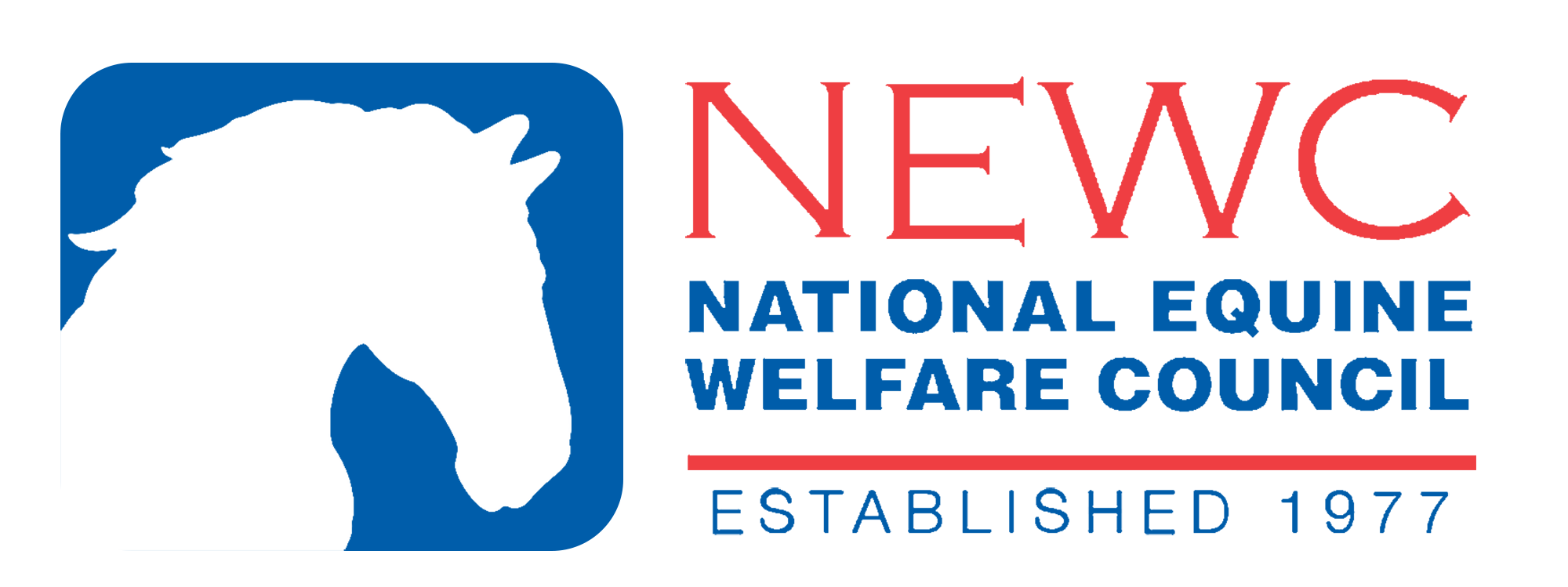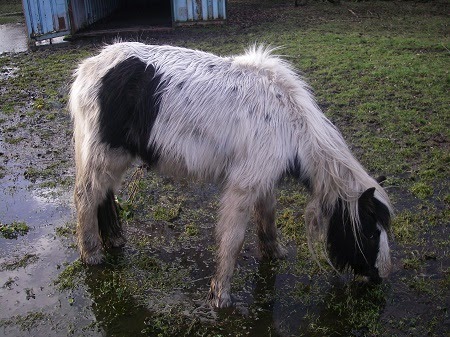

Fly-grazing, straying or abandoned horses present numerous difficulties for landowners, the public and the horses themselves. For example, horses may present a risk to public safety, particularly when left on public land, such as parks; and private land, such as residential property.
The impact that horses have on the land can be considerable, particularly in areas where grazing is already poor. The land can become poached and horses may cause damage to fencing in an attempt to access better grazing. The cost of dealing with unlawfully grazed horses can be substantial, often running into many thousands of pounds. Additionally, horses that are not properly cared for can quickly become a welfare concern. Cases of neglected and starving horses are often due to abandonment.

From the 26th May 2015, the Animals Act 1971 was amended to include the Control of Horses Act 2015 which provides landowners in England with additional rights to deal with horses that are unlawfully grazing on their land. This act is an amendment to the Animals Act 1971 and the two pieces of legislation should be viewed in conjunction. The aim of the act is to enable enforcement authorities and private landowners to work together to protect both the public and the environment from the nuisance caused by abandonment, straying and fly-grazing of horses. The act covers England only; Wales has a similar piece of legislation (The Control of Horses (Wales) Act 2014) although it is only enforceable by the Local Authority, not the landowner or occupier.
